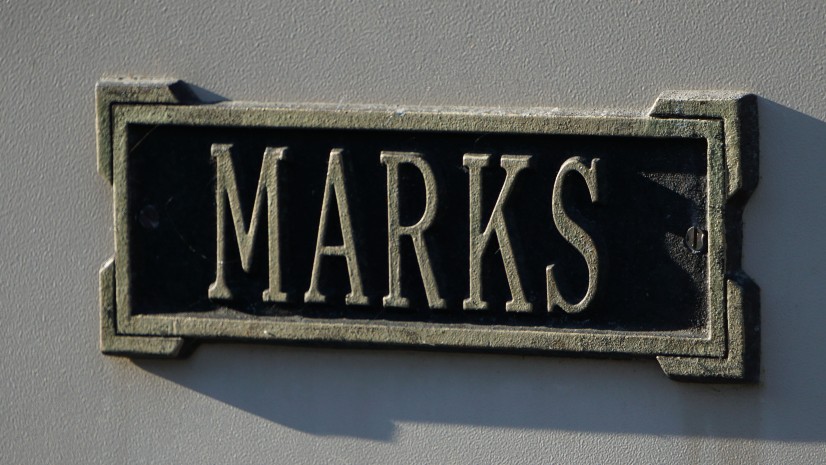
In a recent trademark infringement case, the court considered whether Instagram users tagging photos of one product with the account of another company’s product was evidence of actual confusion. In this case, the court found that it was not evidence of actual confusion.
Plaintiff makes premium tequila sold in bottles and defendant makes inexpensive tequila-soda product sold in cans. Plaintiff sued defendant for trademark infringement and sought a preliminary injunction against defendant. To support its assertion that it was likely to succeed on the merits of the case, plaintiff argued there was actual confusion among the consuming public. For example, on Instagram, at least 30 people had tagged photos of plaintiff’s products with defendant’s account.
The court found that in these circumstances, particularly where a marketing survey also showed less than 10% of people were confused by the defendant’s mark, that the incorrect tagging did not show actual confusion.
Though the bar for showing actual confusion is low, the court noted that a showing of confusion requires more than a “fleeting mix-up of names” and that confusion must be caused by the trademark used and must “sway” consumer purchase.
In this case, the court found that defendant’s evidence regarding mistaken Instagram tags did not establish a likelihood of trademark confusion that would result in purchase decisions based on the mistaken belief that the defendant’s tequila-soda product was affiliated with the plaintiff. At best, in the court’s view, the plaintiff’s evidence demonstrated a “fleeting mix-up of names,” which was not evidence of actual confusion.
The court likened this case to the recent case of Reply All Corp. v. Gimlet Media, LLC, 843 F. App’x 392 (2d Cir. 2021), wherein “instances of general mistake or inadvertence—without more—[did] not suggest that those potential consumers in any way confused [plaintiff’s] and [defendant’s] products, let alone that there was confusion that could lead to a diversion of sales, damage to goodwill, or loss of control over reputation.”
Casa Tradición S.A. de C.V. v. Casa Azul Spirits, LLC, 2022 WL 17811396 (S.D. Texas, December 19, 2022)
